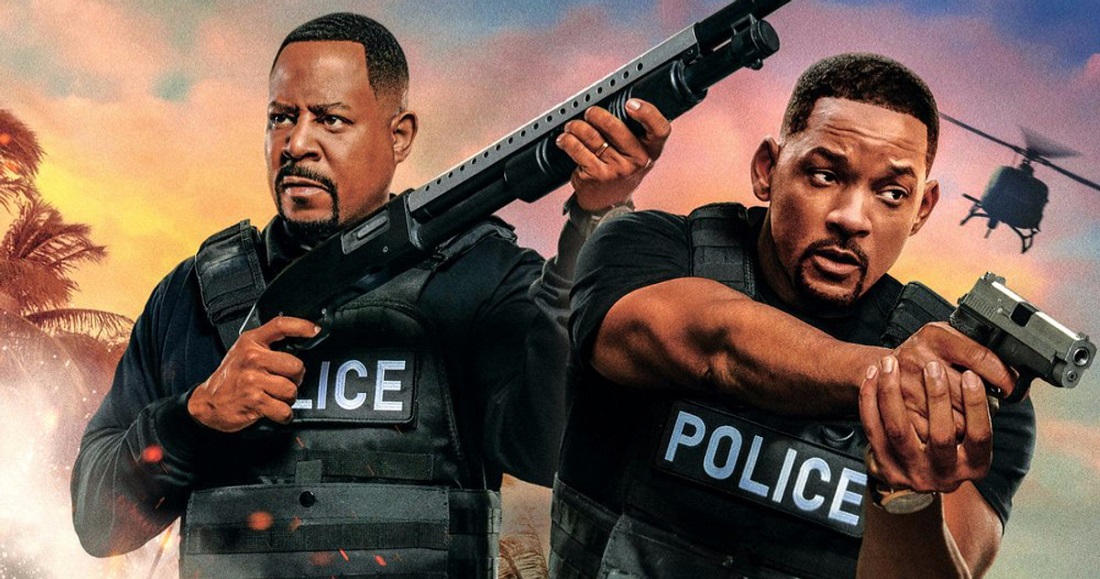In the first of two pieces are entirely unrelated information that I am combining for a handy segue-way, Universal UHS announced a bunch of release dates of untitled theatrical releases, confirming that they are still thinking about releasing films in theaters for the not too distant future. Universal will debut an untitled movie (event film or otherwise) on January 14, 2022 (against 20th Century’s Nimona and Warner Bros.’ Sesame Street film ), February 11, 2022 (versus Paramount PGRE’s Tiger Apprentice and Disney DIS’s Thor: Love and Thunder), June 10, 2022 (contrary to an untitled 20th Century Studios launch ), July 22, 2022 (against a Paramount toon) and November 18, 2022 (against WB’s pre-Thanksgiving biggie, which, total speculation, could be a delayed Fantastic Beasts 3).
For the record, I’ll tip my hat when Universal slots that James Wan-produced monster movie against Sesame Street, largely because I’d discover that funny. Anyway, we also got word that Walt Disney’s next theatrical Star Wars film would be led and co-written by Oscar winner Taika Waititi. Another co-writer will be Oscar nominee Krysty Wilson-Cairns, who snagged a nom along with director/co-writer Sam Mendes for penning 1917. The DreamWorks/Universal launch was an under-the-radar smash hit as it expanded into wide release making $159 million domestic and $368 million worldwide on a $90 million budget. It is precisely the kind of film that should have inspired confidence in the theatrical exhibition’s validity.
There were grounds for optimism that other studios and films could thrive together with the Disney biggies Just as 2019 looked like the year where the market was taken over by Disney. Mainstream studio programmers like Knives Out ($306 million globally on a $40 million budget), Hustlers ($159 million/$20 million), Little Women ($206 million/$40 million) and Ford v Ferrari ($225 million, albeit on a $98 million budget) bolstered the notion that cinema wasn’t nearly comic book films and Disney nostalgia. And while All of Us discussed the over-performance of Bad Boys For Life and Sonic the Hedgehog, along with the misfortunes of Birds of Prey, Dolittle, and Onward, 1917 stealthily became one of the biggest-grossing war movies ever.

If 1917 counted as a 2020 release, which it doesn’t because it opened in four theaters on Christmas Day, it’d be this year’s second-biggest grosser here and overseas, involving Bad Boys For Life ($204 million/$415 million) and Sonic the Hedgehog ($146 million/$306 million). But among films that expanded wide in January and platformed in late December, the Sam Mendes-directed, Roger Deakins-shot World War I movie is in rare company. Sans inflation, its 159 million domestic gross is behind just American Sniper ($350 million in 2014/2015), The Revenant ($183 million in 2015/2016), A Beautiful Head ($171 million in 2001/2002), Chicago ($171 million in 2002/2003), along with Hidden Bodies ($169 million in 2016/2017).
Had it won Best Picture, it’d have become the largest domestic-grossing Best Picture winner since The Lord of the Rings: The Return of the King ($377 million) in 2003/2004. The”assembled as a single-take” movie, which follows two World War I soldiers rushing across enemy lines to provide crucial intelligence that will stop a massacre, is your second-biggest World War I-set picture ever, behind (understandably) Wonder Woman ($412.5 million/$821 million in 2017). Concerning inflation, it only paths The Four Horsemen of the Apocalypse ($9.2 million in 1921), Magic Woman ($412 million in 2017), Lawrence of Arabia ($35 million in 1962), and Sergeant York ($16 million in 1941).
It’s pretty highly ranked among all historic war flicks, supporting Wonder Woman, Saving Private Ryan, Pearl Harbor, Dunkirk, and Captain America: The First Avenger. And with around 16.9 million tickets sold in North America, its adjusted-for-inflation standing is just below those movies and Schindler’s List ($97 million in 1993). Considering the sheer variety of World War II films that have produced in a specific calendar year, partly because it’s simpler to make”rah-rah” nationalistic war films when dealing with a (relatively ) morally just global battle, it’s doubly impressive that a World War I movie, one which doesn’t sugarcoat the pointless and random motivations and justifications for its wholesale slaughter, still performed better than almost any World War II movie.
Anyway, with Universal still committing into the theatrical experience, also with Krysty Wilson-Cairns nabbing a Star Wars co-writing gig, I thought it was worth noting, amid the sudden blockbuster highs and lows of their first two weeks of 2020, that among the biggest grosser, concerning money earned this season, was an R-rated, star-free, non-IP World War I thriller that enormously overperformed in terms of expectations that are realistic. Universal ended 2019 and began 2020 with two infamous” stage and gawk” stinkers, but in the midst was an unusually powerful functionality for an unconventional”event” movie that was as much a”gotta see this in theaters” offering as No Time to Die or even F9.


